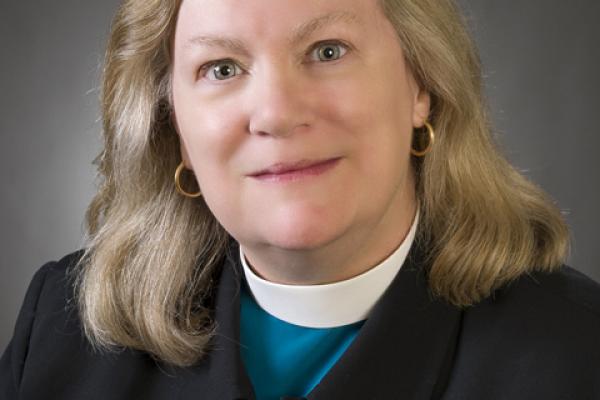In the last month, many Westerners watched in horror as Uganda, and then Nigeria, enacted laws that are brutally repressive to lesbian, gay, bisexual, and transgender people.
The fate of a bill passed by the Ugandan parliament remains uncertain after President Yoweri Museveni refused to sign it, but news reports from Nigeria indicate that there have been mass arrests of gay men following President Goodluck Jonathan’s signing of the National Assembly’s anti-gay bill.
World leaders, including United Nations Secretary-General Ban Ki-moon and U.S. Secretary of State John Kerry, have expressed their dismay. Many Christian leaders around the world, regrettably, have been largely unwilling to criticize Christian leaders in Africa who cheered the passage of these punitive laws.
Read the Full Article

